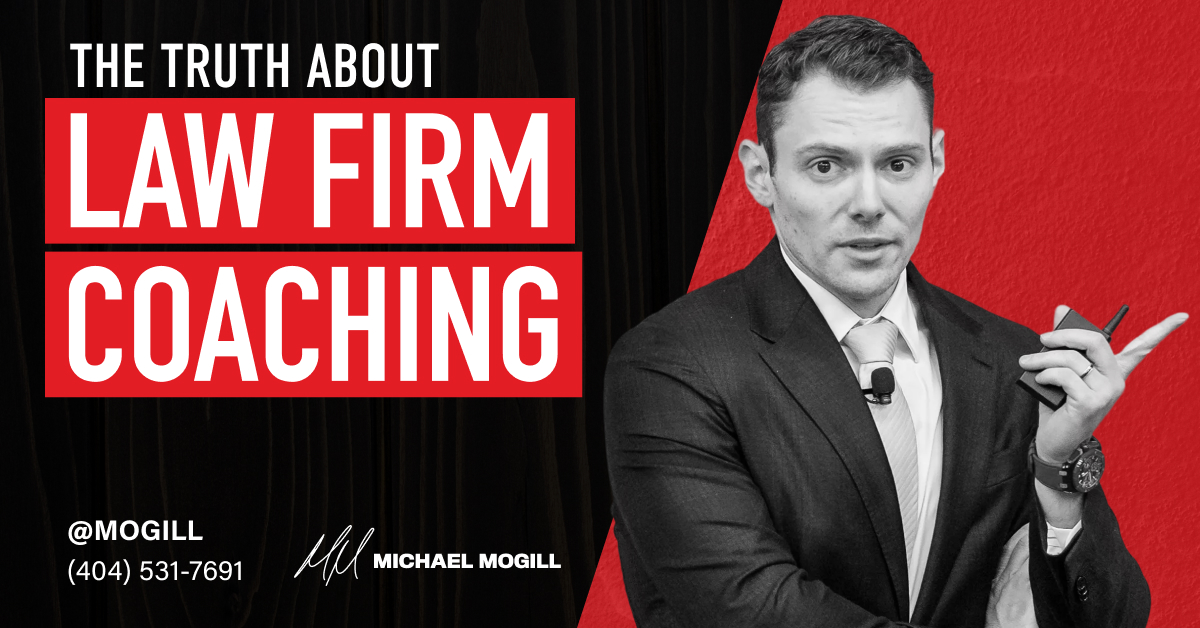How do you define leadership? If you ask me, I would define it as: “intentional influence.” It’s the process of getting people to act differently in order to improve results. As a leader, your job is to take resources at a lower level of output and move them to a higher level of output.
Great leaders produce results regardless of the hand they’re dealt. In sports, a team can lose every game one season, then make a coaching change and win a national title the following season.
To borrow an analogy from another industry, a good leader is like the captain of a ship. If you’ve assembled the right crew, the ship should be able to run without you. Sure, you’ll be there to help steer the ship in choppy waters, but it should be smooth sailing when you’re not there.
Influential leaders—those who achieve consistent results, inspire their team members, and leave a lasting legacy in their organization—focus on filling three primary roles:
- Visionary: What’s the long-term vision and strategy to get there? What kind of culture are you trying to build? How do you communicate that direction to team members?
- Talent acquisition: Does the environment of your organization attract top talent? Are you hiring people who fill in the gaps so you can focus on your areas of strength?
- Culture control: Maintaining your culture requires continuous reinforcement, which requires radical candor and surrounding yourself with the right people. Culture is easy when it’s just one person. But what happens when you have 60 team members?
By focusing on these three roles, leaders can make the biggest impact. There are other ways to be an influential leader, too—read on to find out what they are and how to implement them.
Leaders expand the vision of those they lead
One of the most profound ways influential leaders make an impact is by showing their team members what’s possible. I’m reminded of Shaquem Griffin, a fifth round draft pick by the Seattle Seahawks in 2018, who achieved his NFL dreams despite having his left hand amputated when he was young. Shaquem is an inspiration not only for his teammates, but for every kid with an amputation who’s playing sports and has big dreams. He’s a shining example for them of what they can achieve. You might not be an NFL draft pick, but I bet you’ve been through some kind of adversity during your life and came out on the other side.
Maybe you grew up poor, battled cancer, got fired, or had a business that failed. The fact that you overcame the obstacle in your path and you’re still here today is inspiring. Don’t be afraid to share that side of your story with your team. I’m always sharing with my team the difficult parts of my journey—immigrating to the U.S., growing up poor, having $500 to my name when I started my company—to show them what’s possible.
As a leader, you set the example you want your team to follow. I’ve always tried to empower my team by transferring my passion and excitement to them. An empowered team is capable of operating in your absence, which is another hallmark of influential leadership.
Does your team still perform in your absence?
“Leadership is about making others better as a result of your presence and making sure that impact lasts in your absence.” – Sheryl Sandberg
Sandberg is exactly right: you find out how good your team is when you go away. If you worry the office will burn down while you’re on vacation, you might not have instilled the culture you envisioned, brought the right people onboard, or made the impact you’d hoped.
I felt this way with my business until I made it a non-negotiable that I should be able to take a vacation or step away for a few weeks with peace of mind. Working backwards from that goal, we got the right people in the right seats, plus developed and empowered our leaders.
If you aren’t building a business that offers you freedom, what exactly are you building? If you’re working “in the business” instead of “on the business,” that’s not freedom—that’s a job.
I used to take my laptop with me when I went on vacation, so basically I was still working… just in another location. Now, I don’t even take my laptop because I trust my team to keep the ship afloat in my absence. Things not only just run in my absence these days, they grow as well!
Influential leaders make difficult decisions
Getting to this place isn’t easy. It requires difficult decisions. We’ve had clients tell us, “I have this cancerous team member in my office who is the reason our team is disengaged. They’re the last one in and the first one out. They’re terrible with clients, but our team is taking its cues from them.” When we point out the obvious—that this team member doesn’t sound like a good fit for their organization—we get the same excuses:
“But they’re a nice person.” “I grew up with them.” Translation: I’m afraid to let them go.
If you’re facing that kind of situation, you have to ask yourself what’s more important: your business, goals, family, team members, clients, impact OR the person who’s keeping you from accomplishing what you want? Influential leaders don’t delay in making critical decisions.
They act quickly when change is needed, and as a result, everyone’s life is better off.






